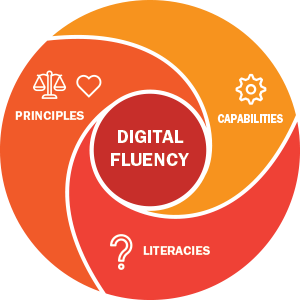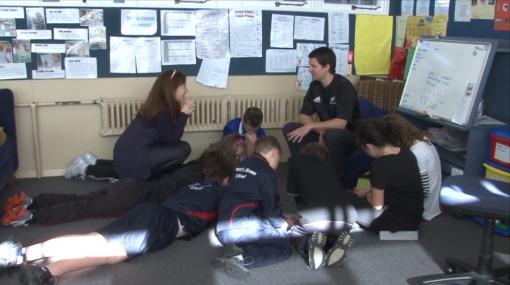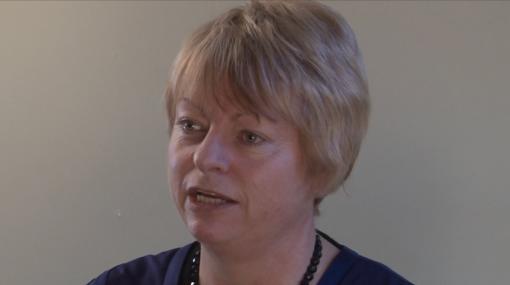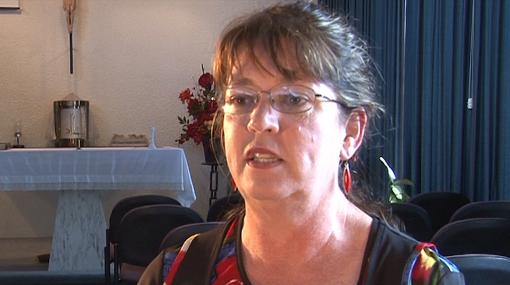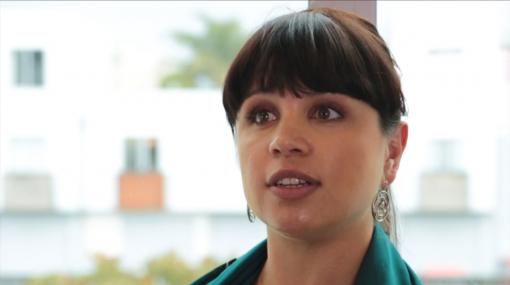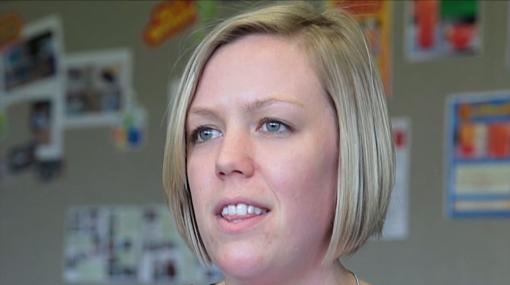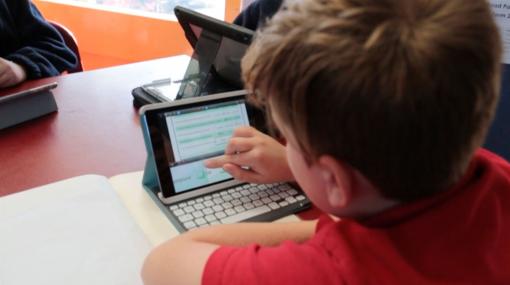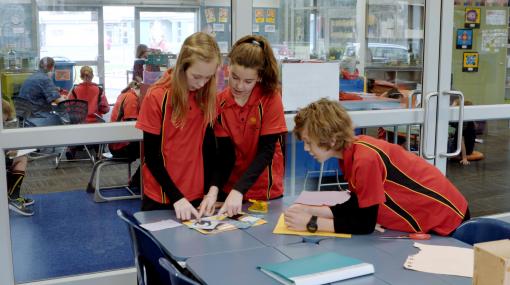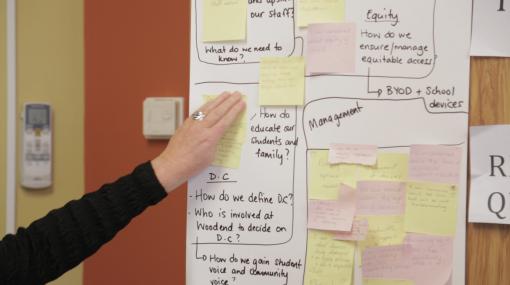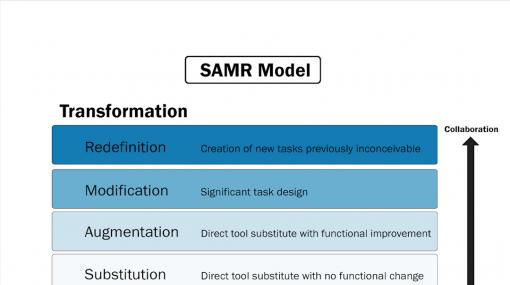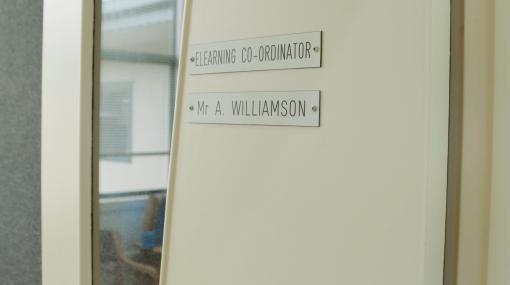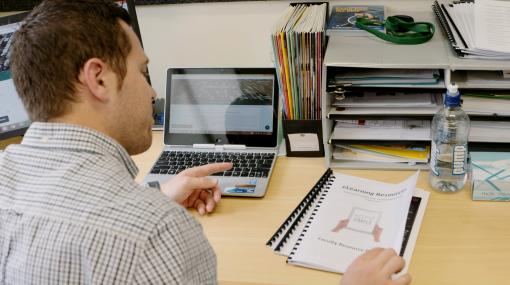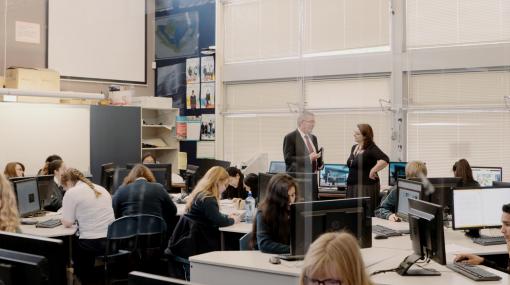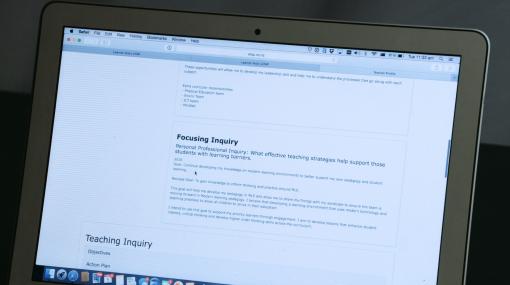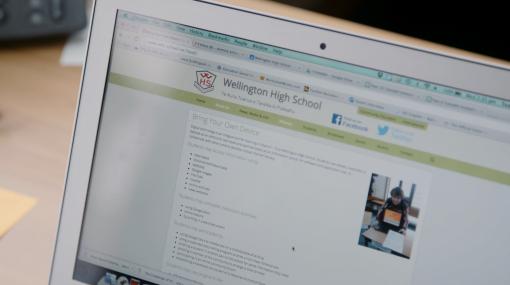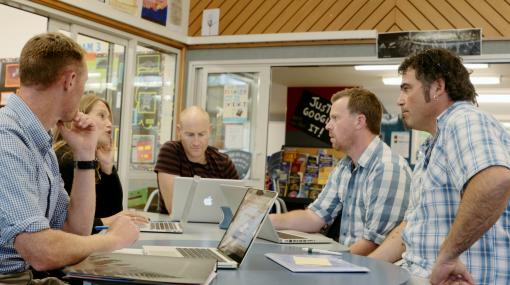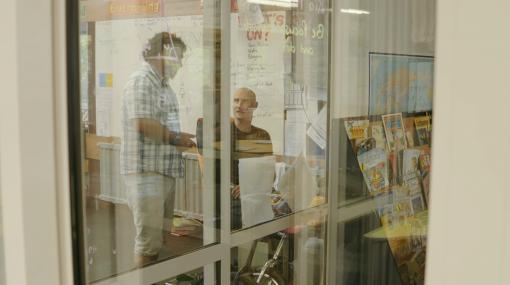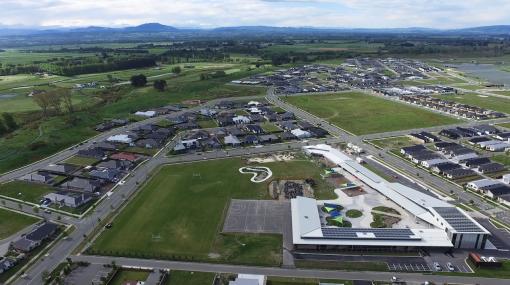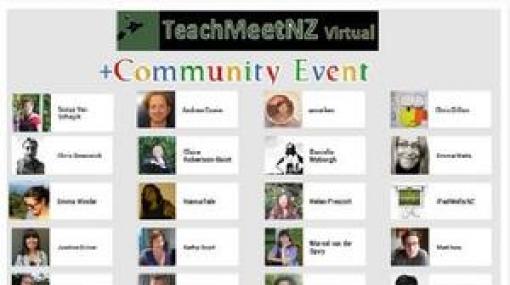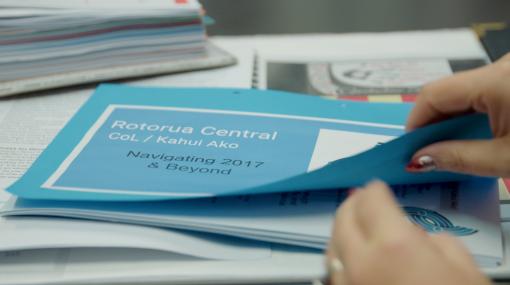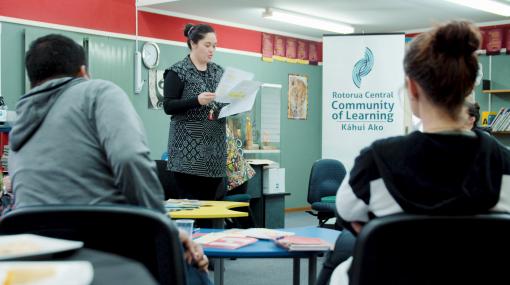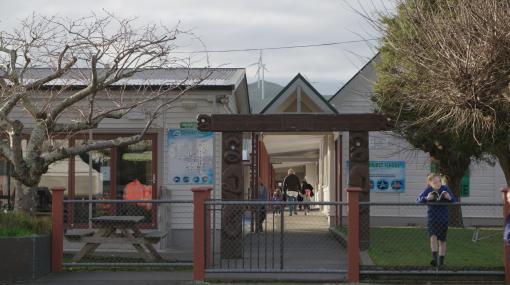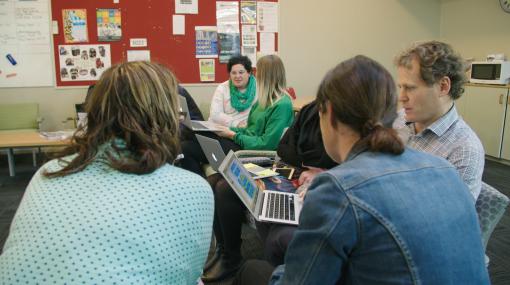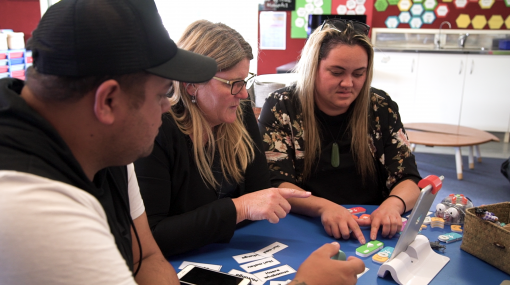Building teacher capability
Support for Digital Fluency
Digital fluency is about supporting teachers, kaiako, ākonga and students to confidently and effectively use digital technologies to enhance teaching and learning outcomes.
Digital fluency includes being an adept producer of digital content and understanding the social costs and benefits associated with digital technologies, including issues of access and equity.
Digital fluency is about helping ākonga to develop skills in critical literacy in digital contexts, and to recognise how language, symbol and text affect understanding and communications.
– Ministry of Education
Digital fluency encompasses:
- digital capabilities – being digitally adept and innovative; able to confidently choose and use digital tools to learn, create, and share
- digital principles – demonstrating values when working digitally; being an ethical, respectful, and responsible digital citizen
- digital literacies – being discerning and critical; able to locate, understand, organise, evaluate, and adapt digital content.
More information »
Ministry of Education funded professional learning and development
The Professional Learning and Development website provides information on Ministry-funded PLD for schools, kura, Kāhui Ako, and clusters. The online PLD application process is explained and support materials are provided.
Support for Digital Technologies and Hangarau Matihiko
Kauwhata Reo – site for content, tools and resources for teachers and learners of te reo Māori. Please note the site is still in development.
Technology online – provides resources supporting schools and kura implement the technology learning area and the digital technologies, hangarau matihiko whenu.
Professional learning and development – information on Ministry-funded PLD for schools, kura, Kāhui Ako, and clusters.
Effective professional learning and development is:
- in-depth
- provided over time
- related to practice
- contextually relevant.
Introducing schoolwide PLD
As your school begins a new initiative such as developing an innovative learning environment, learning with 1-1 devices, or a new software, there can be a variety of different reactions from teachers. Some are very keen, while others may find change intimidating.
Spend time with your staff identifying their concerns and the barriers they may be experiencing. Put in place systems which will address those so that all teachers are confident and equipped to move into the new practices.
Gavin Burn and Cathie Zelas explain the process they used for a successful move from a traditional learning environment to an innovative learning environment at Halswell School. Key to their success was comprehensive and ongoing staff professional development. This included:
- addressing staff concerns around the upcoming changes using the Concerns-based adoption model (CBAM)
- modelling the concept of agency
- meeting the learning needs identified by staff
- supporting staff to trial and evaluate systems for successful collaboration.
Online PLD
As Pegasus Bay School focused on developing culturally responsive practice, the whole staff were given the option of working through the online course, Te Reo Puawai. Teachers explain the benefits of this approach and share how they collaborated, supported each other, and developed their practice together.
Principal, Roger Hornblow explains the importance of being deliberate about giving teachers skills at a personal level, which have practice and performance outcomes.
Flipped PLD
Flipped PLD enables staff to access information and review the knowledge component prior to the face-to-face PLD session by watching videos or accessing resources online. This frees up PLD workshops for more personalised learning focused on the individual needs and contexts of teachers and staff.
More information »
- Flipped PLD – Information about flipped PLD, benefits of this approach, how to plan your flipped PLD with NZ school examples, and resources and readings.
Using a teacher inquiry approach
Chris Allen, principal of Sacred Heart Girls' College, and Mike Wilson, ICT cluster director, share why they chose to use a teacher inquiry model as a focus for professional learning and why that approach has been so successful. Professional development occurred in a number of ways that included:
- teachers sharing their practice, outcomes from inquiries, and discussing pedagogy
- using the SAMR model
- techy brekkies – short morning meetings to share aspects of using digital technologies
- student experts in one class supporting other classes
- digital citizenship being focused on across the school.
Teacher, Kate Friedwald explains how whole school PD at Wairakei School, based on the Teaching as Inquiry model, is being applied to ICT or some form of technology, and how through the SAMR model they are ensuring students get the best from their teaching.
More information »
The e-leader's role
The role of e-leader can be developed to support the implementation of your digital technologies plan. An effective e-leader can support ongoing, coherent deep learning enabled by digital technologies.
Allister Williamson’s role as e-Learning coordinator at Pakuranga College involves overseeing their professional learning programme. They have systems in place to support teachers with learning to use digital technologies effectively. These include whole school audits of capability, a system of rubrics to support teachers with next steps for learning, and a professional learning programme based on teacher inquiry supported by e-mentors.
More information »
Observing teachers’ classroom practice, analysing the lesson and providing feedback is often cited as a central feature of mentoring and coaching relationships that result in improved learning for students. The particular advantage of this form of coaching is the direct embedding of the interactions between the coaches and teachers in the context of teachers’ daily work, a key tenant of effective professional development.
Timperley, H. S., Parr, J. M., & Hulsbosch N. H. (2008) Coaching through feedback: A close and critical analysis
Literacy coaches, Gill Aldworth and Denise Brown talk about their role in supporting teachers with their inquiries and how teachers are using the literacy progressions, refining what they are teaching, and being very specific and forming their next steps.
Teacher, Vicki Pimenta shares her approach to using the literacy progressions and raising student achievement in reading. By including student voice and encouraging the students to know where they were and what their next step was going to be students own their learning. In the classroom she uses QR codes to help them with this. In this video you can see how the literacy coaches have supported her teacher inquiry in the classroom.
Key resource
Coaching through feedback: A close and critical analysis
This study is part of a national professional development in literacy project in New Zealand.
Key resource
Professional Learning and Development
If you co-ordinate PLD in your school, kura, Kāhui Ako, or deliver PLD visit this Ministry site to find up-to-date information.
Coaching through feedback: A close and critical analysis
This study is part of a national professional development in literacy project in New Zealand.
New Zealand articles and resources collated on the Educational Leaders website.
Digital citizenship modules
As teachers and students engage with digital environments to create, communicate, collaborate, research and share information, we need to consider what it means to be a digital citizen and how to participate in a digital environment.
These self-paced modules can be used for personal or staff professional development. Each module contains different activities that include questions for reflection. These can be worked through individually or with your colleagues. The modules are designed to be flexible. Select the content that is relevant to you and your school from each of them.
The modules are designed to be flexible, so you can select the content that is relevant to you and your school from each of them.
There are four modules:
